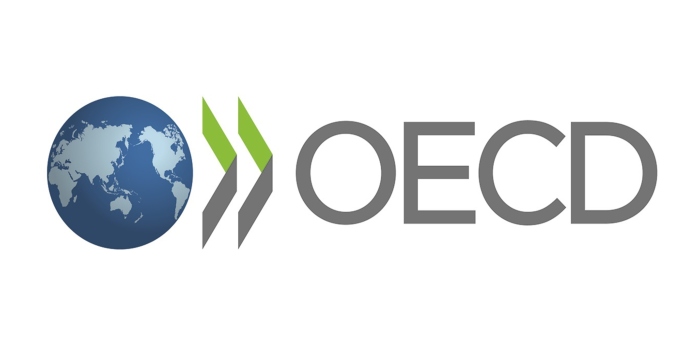
26/10/2021 – The OECD and the Government of the Arab Republic of Egypt today signed a Memorandum of Understanding (MoU) to start a three-year Country Programme.
The Programme will support a structural reform agenda by providing analysis, advice and guidance to inform the design and implementation of policies to help address Egypt’s main economic challenges, while moving towards closer alignment with OECD policy standards.
OECD Secretary-General Mathias Cormann and Dr Mostafa Madbouly, Prime Minister of the Arab Republic of Egypt, signed the agreement at the OECD’s Paris headquarters. Prime Minister Madbouly was accompanied by Egypt’s Ministers of Finance, Planning and Economic Development, International Cooperation, Trade and Industry, Communications and Information Technology, and Electricity and Renewable Energy.
“Today we have taken an important step forward in our collaboration with Egypt,” Secretary-General Cormann said. “As North Africa’s biggest economy and one of the most engaged Middle East and North Africa (MENA) countries in OECD committees, Egypt is an important partner for the OECD. Egypt’s commitment to this programme demonstrates its clear commitment to necessary structural reforms to benefit the Egyptian people.”
“Such a comprehensive Country Programme can help Egypt to increase its competitiveness and integration in the global economy,” said Prime Minister Madbouly. “The Country Programme will enable Egypt to advance on its priorities under the second phase of the National Programme for Economic and Social Reform. It will also serve as guidance for the implementation of the recently revised sustainable development strategy Egypt Vision 2030.”
The Country Programme envisions 35 projects with a co-ordination function to ensure that it is implemented and monitored effectively. The work will proceed across five thematic pillars:
- Pillar 1: Inclusive and sustainable economic growth will address bottlenecks to productivity growth, promote competition in the economy, develop financial markets, and address other priorities to nurture a more competitive and inclusive economy. Egypt was the only country in the MENA region to see positive GDP growth in 2020 despite the global Covid-19 pandemic. According to the latest projections of Egypt’s Ministry of Planning and Economic Development, real GDP is expected to grow by 3.3% in 2020/21, before reaching 5.6% in 2021/22. Distributing the dividends of such growth is a key priority for the Egyptian government.
- Pillar 2: Innovation and digital transformation includes projects that will intersect with education policy and human capital development to better take advantage of the digital transformation and promote innovation. Egypt invests 0.72% of GDP in R&D, a third of the OECD average (2.37%). While digital connectivity has improved, significant room for growth remains.
- Pillar 3: Governance and anti-corruption will address a series of priority issues such as administrative reforms, better legislation, regulations and institutions, digital government, the rule of law and anti-corruption. Improving governance, strengthening the rule of law and the fight against corruption remains an important priority for Egypt as it aims to promote a greater level playing field for the private sector.
- Pillar 4: Statistics will aim to improve data in specific themes, including the economy, private sector performance, gender, and trade in value-added. Improving the availability and governance of statistics in Egypt is essential to gather comprehensive evidence, including on the state of the economy, the population, the territory, and the environment.
- Pillar 5: Sustainable development includes projects on strengthening frameworks governing the implementation of the SDGs, as well as promoting green growth, clean energy and quality infrastructure investments. Egypt recently revised its sustainable development strategy Vision 2030 to adapt to the most recent changes in the economy and ensure better alignment with the Sustainable Development Agenda 2030 and the African Union’s Agenda 2063.
All pillars will have a strong focus on gender equality and the inclusion of women and young people in the economy and society, as well as on supporting the formalisation of SMEs. Currently, informality accounts for up to 40% of GDP and unemployment rates for youth and women are among the highest in the MENA region, at 30% and 22% respectively.
The Programme will also support the regional work of the OECD in the MENA region such as the MENA-OECD Initiative on Governance and Competitiveness for Development. As a key partner in this Initiative, Egypt can help disseminate and bring policy perspectives to and from the MENA region.
For further information, please contact Mr. Carlos Conde, Head of the Middle East and Africa Division, OECD Global Relations Secretariat (GRS). Media queries should be directed to the OECD Media Office (tel: +33 1 4524 9700).
Working with over 100 countries, the OECD is a global policy forum that promotes policies to preserve individual liberty and improve the economic and social well-being of people around the world.
<!–
| Full Name | |
| Email Address | |
| Comment |
|
–>
by :
Source link
